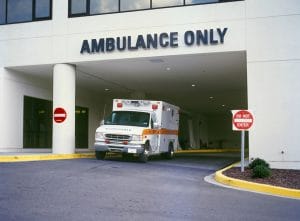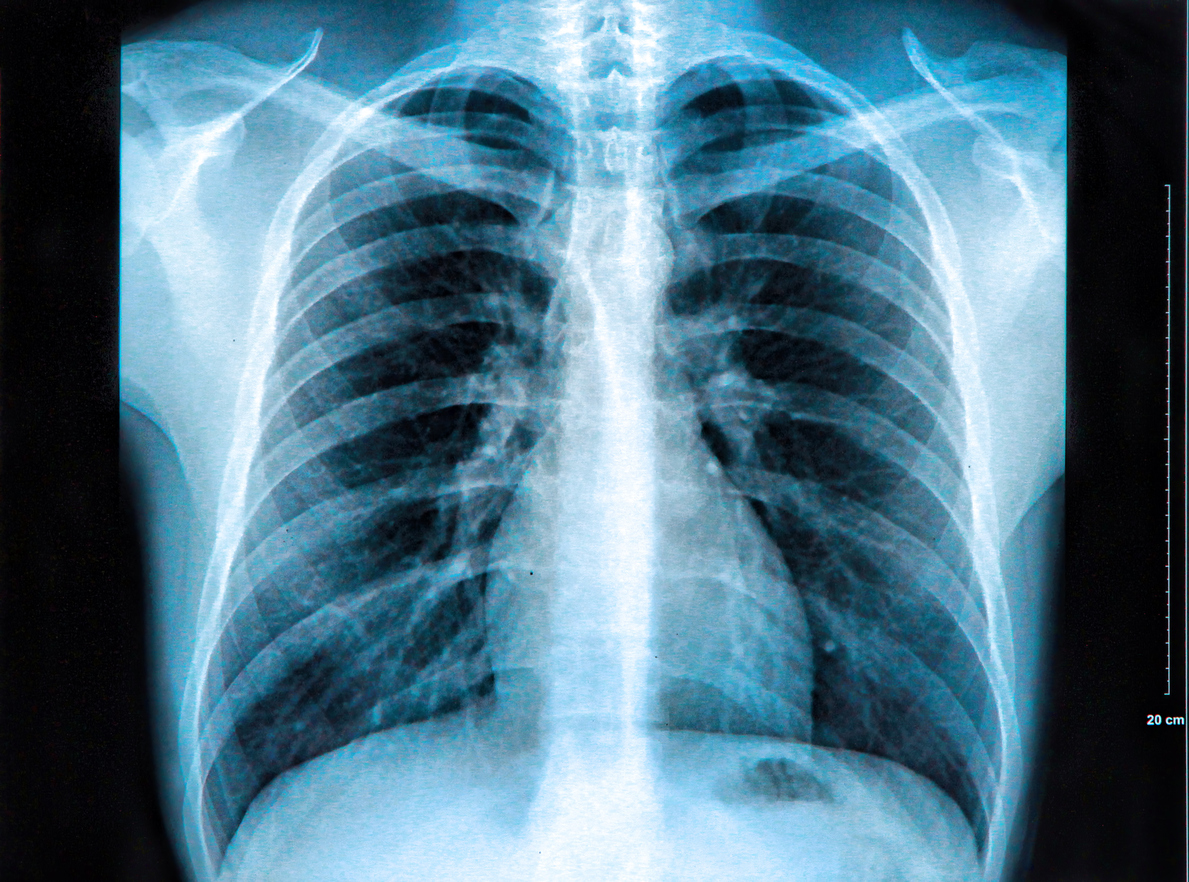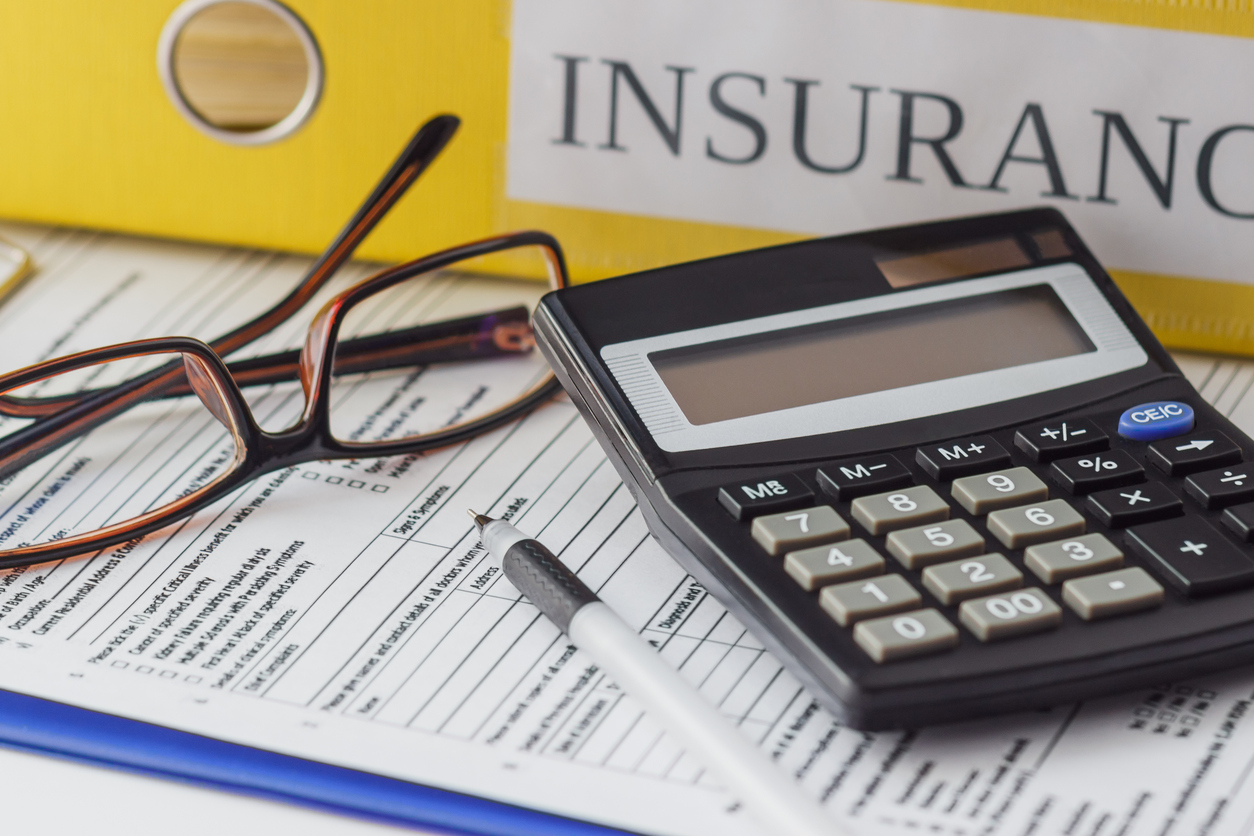Common Automobile Accident Injuries
 Injuries sustained in an automobile accident depend on direction of travel, speed of travel, and collisions. Generally, if a vehicle is hit from behind the chances of severe damage or injury is less likely, however, a client of mine was recently hit so hard from behind her car was written off as a total loss, she suffered a closed head injury from her head hitting the steering wheel (while restrained), and cervical and thoracic strain from the impact. Car accidents involving a head-on collision at a high speed are often fatal. Car accidents involving side impact often result in moderate impact and destruction of the vehicle. Intensity of injuries depends on use of seat belts and injuries to vital organs. Life threatening injuries are often seen following injuries of the head, neck, chest, and abdomen. Injuries can range from mild to severe.
Injuries sustained in an automobile accident depend on direction of travel, speed of travel, and collisions. Generally, if a vehicle is hit from behind the chances of severe damage or injury is less likely, however, a client of mine was recently hit so hard from behind her car was written off as a total loss, she suffered a closed head injury from her head hitting the steering wheel (while restrained), and cervical and thoracic strain from the impact. Car accidents involving a head-on collision at a high speed are often fatal. Car accidents involving side impact often result in moderate impact and destruction of the vehicle. Intensity of injuries depends on use of seat belts and injuries to vital organs. Life threatening injuries are often seen following injuries of the head, neck, chest, and abdomen. Injuries can range from mild to severe.
Common automobile accident injuries:
Subcutaneous Hematoma:
A hematoma is a collection of blood within the subcutaneous tissue. This may occur from a tear of blood vessels in the skin, subcutaneous tissue or muscle. Further investigation is necessary to rule-out internal tissue damage like a fracture, dislocation or a visceral tear (internal organ), which often depends on the area of the body and the size of the hematoma. If the hematoma is over 2-4 inches in diameter, further investigation in an emergency room should be done.
Whiplash Injury:
The neck is the most vulnerable anatomical part of the body, and whiplash can occur with head-on, side or rear impact collisions causing hyperflexion of the neck. Whiplash can also be used to describe lower body injuries depending on the impact and the position of the body at the time of the accident as well as the site of the injury. Whiplash injury can cause muscle tears, joint injury, joint dislocation, ligament injury and tears to viscera (internal organs) and/or blood vessels.
Bone/Joint Injury:
Blunt injury at the time of impact may cause bone or joint fracture or dislocation, which can also lead to tears in the ligaments or joint capsule (sprain) or tear of the muscles or tendons (strain) leading to further investigation such as x-rays or MRI. Bone and joint injuries can including skeletal injuries of the spine leading to pain in the neck, back, extremities ranging from mild to severe and possibly even cause disc bulge or herniated disc. Skeletal injury of the chest wall may result in multiple rib fractures, which could lead to a pneumothorax (collapsed lung).
Concussion:
Impact of the head or neck can cause can cause mild traumatic brain injury (MTBI) also referred to as a concussion. This can lead to headaches, dizziness, confusion, and vertigo (a sensation of spinning). Further investigation with a CT scan of the head is recommended to rule out further damage. A severe blow to the head can cause bleeding in the brain, which can be life threatening.
Seatbelt Injury:
While seatbelts can prevent injury, they can also cause injury. This is actually one of the most common automobile accident injuries. Mild injuries would include bruising or abrasion either across the chest or across the abdomen whereas moderate and severe injuries could include fractured ribs and resulting lung injury from the shoulder strap and injury to internal organs from the lap belt.
If you’re involved in a wreck, you may have suffered from one or more of these common automobile accident injuries. For more information on other types of injuries, please see some of the other blog posts by the Desmond Law Office.


 Let’s take a closer look at possible symptoms of a herniated disc. In some cases a herniated disc will cause no symptoms and in other cases the condition can create localized pain if the tear affects the small nerves located in the uppermost layers of the outer wall of the affected disc. Additional symptoms can develop if the disc wall or escaped nucleus pulposus (the jelly like center) exerts pressure on the spinal cord or a spinal nerve root. Some people may experience neck or back pain, radiating pain that travels down the arms or legs, muscle weakness, numbness or walking difficulties.
Let’s take a closer look at possible symptoms of a herniated disc. In some cases a herniated disc will cause no symptoms and in other cases the condition can create localized pain if the tear affects the small nerves located in the uppermost layers of the outer wall of the affected disc. Additional symptoms can develop if the disc wall or escaped nucleus pulposus (the jelly like center) exerts pressure on the spinal cord or a spinal nerve root. Some people may experience neck or back pain, radiating pain that travels down the arms or legs, muscle weakness, numbness or walking difficulties. The Bowling Green Daily News reported on a recent story. The
The Bowling Green Daily News reported on a recent story. The 
 In a
In a